From shared cars to driverless on-demand ride-hailing
![]() 07/11 2024
07/11 2024
![]() 487
487
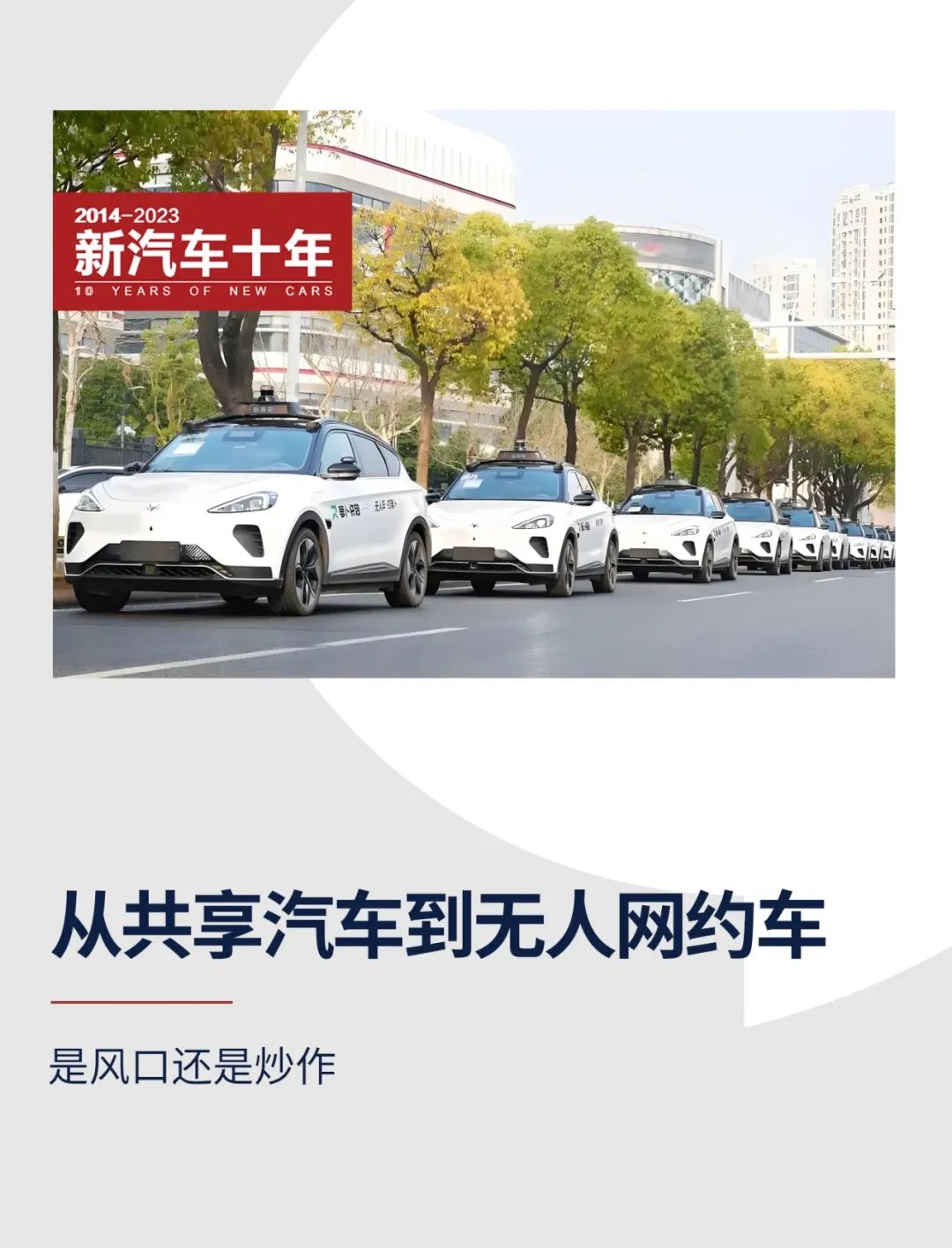
Author | Zhen Yao
Editor | Li Guozheng
Produced by | Bangning Studio (gbngzs)
"3.9 yuan for 10 kilometers. No need to buy a car, no need to take a driving test." "Artificial intelligence has finally 'knocked people down'!" "To be honest, driverless cars are really great. No refusal of rides, no cheating, no need to see the driver's face, and most importantly, they're cheap. It would be great if they were nationwide..."
Recently, Luobo Kuaipao has experienced explosive growth in fully autonomous ride-hailing orders in Wuhan, with a peak of over 20 orders per vehicle per day, similar to the average daily order volume of traditional taxi drivers.
This means that in Wuhan, the order volume of driverless taxis is comparable to that of traditional taxis.
The comment sections of related online reports are flooded with praise: "Horse-drawn carriage drivers a hundred years ago also lamented like this, and everyone saw the result." "Whether we accept it or not, it's the general trend. What's coming will come. Horse-drawn carriages were replaced by trains and cars..."

Luobo Kuaipao is an autonomous driving travel service platform under Baidu. In 2013, Baidu began exploring autonomous driving technology. On March 1, 2017, Baidu announced through an internal email the integration of existing businesses and resources to establish the Intelligent Driving Group (IDG), and released the "Apollo Project" at the Shanghai Auto Show in April.
Luobo Kuaipao was launched in 2019. In May 2022, Luobo Kuaipao landed in Wuhan Economic and Technological Development Zone, and in August launched the country's first fully driverless commercial operation. On April 19th of this year, Baidu Apollo celebrated its seventh anniversary, announcing that Luobo Kuaipao's daily order volume in Wuhan had exceeded 1% of the city's entire on-demand ride-hailing market.
How magical this scene is! The speed at which technology disrupts an industry is getting faster and faster. A few years ago, ETC ended the manual toll collection job on highways. Now, people are generally concerned: Will driverless taxis end the profession of taxi and ride-hailing drivers?
At present, taking Wuhan as a sample, this emerging industry is a mixed bag of both joys and sorrows.
Generally speaking, exotic species often pose a threat to the survival and ecosystem of local native species. This is an unchanging law of nature and a true reflection of the current state of the ride-hailing and taxi industries.
In Wuhan, as new "barbarians" - driverless taxis forcibly enter the ride-hailing queue, they bring real pressure to tens of thousands of ride-hailing drivers in the city, making local taxi drivers feel even worse.
In terms of price alone, compared to traditional ride-hailing, Luobo Kuaipao is more economical, with a cost of only 4 to 16 yuan per kilometer, far lower than the 18 to 30 yuan of traditional ride-hailing. During the promotion period, free rides and 10% off rides activities greatly increased attractiveness, leading many ride-hailing and taxi drivers to appeal: "Please, let these AI vehicles only take to the road after 10 pm, leave us some way to make a living."
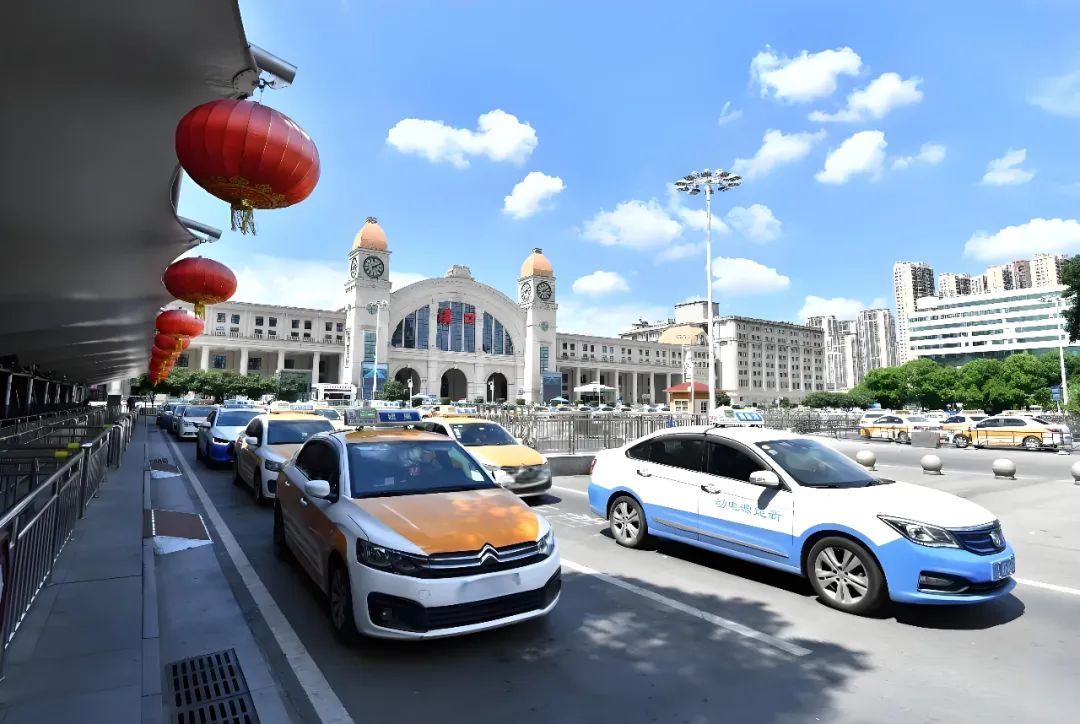
On the other hand, driverless ride-hailing vehicles frequently get into accidents, highlighting passenger safety issues. The handling and responsibility division of autonomous driving accidents also face many challenges. In addition, these vehicles drive slowly, hesitate to change lanes, and are often cut off, easily causing traffic jams, and the hygiene conditions inside the vehicles vary widely. On one hand, the prospect of autonomous driving is bright; on the other hand, many problems are exposed, many of which are related to safety and people's livelihoods - such driverless taxis have not brought people the expected surprises, but instead some controversies.
History of Shared Cars
"Young people's first scratch starts with Liandongyun." "Mountains are mountains, rivers are rivers, off-road driving is still Liandongyun!" "Special car for novice drivers." "If you can't find a bathroom on the side of the road, just scan a Liandongyun..." In the shared car circle, various jokes about Liandongyun are still circulating.
Today, the driverless ride-hailing business is booming but also controversial. This inevitably reminds people of the time when shared cars were all the rage. Liandongyun, as the last living fossil of the shared car era, is one of the most typical representatives.

In 2014, ofo, the first shared bike (bicycle) company, was founded. In 2015, the concept of shared bikes gained popularity, attracting some companies to increase investment in the industry. In 2016, shared bikes reached their peak, with more than 20 companies coexisting at one time.
With the expansion of brands like ofo and Mobike, colorful shared bikes filled the streets and entered people's lives. This drove the rapid rise of the sharing economy in China, and almost any product that could be shared was targeted by capital.
Also in 2014, the automotive industry emerged with the concept of "new four modernizations" centered on electrification, intelligence, connectivity, and sharing. This was a highly forward-looking vision proposed by automakers at the beginning of the great transformation.
Shared cars emerged accordingly, such as Yidu Yongche, Youyou Yongche, EZZY, etc. Some traditional automakers also joined this ranks, establishing their own brands, such as Gofun, EVCARD, Panda Mobility, etc. They are all products of the era under the concept of the sharing economy.
Most of these brands' models are small new energy vehicles with poor driving experience. They were more like a tool to digest subsidies against the backdrop of overproduction of new energy vehicles at that time.
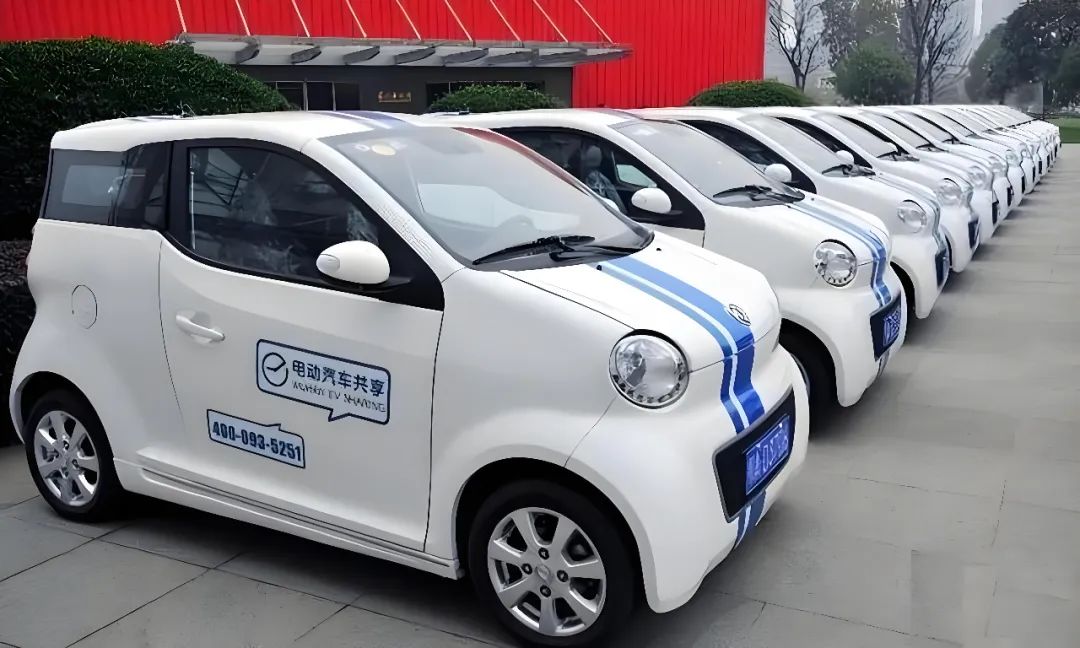
Liandongyun is an exception. Founded in June 2016, it provides car rental services featuring fuel vehicles, making it quite unique in the industry.
To trace the background of Liandongyun, we must start with Shenzhen's Baoneng Group. In July 2015, Baoneng Group aggressively purchased a large number of Vanke shares through the secondary market, intending to take control of Vanke, thereby triggering the classic "Baoneng vs. Vanke" battle and making Chaoshan businessman Yao Zhenhua famous overnight.
2016 was the heyday of Baoneng Group, with Yao Zhenhua ranking fourth on the Hurun China Rich List, with a net worth of 115 billion yuan. Only Wang Jianlin, Jack Ma, and Pony Ma ranked ahead of him.
Standing at the top of the capital chain, Yao Zhenhua made furious investments that year, building an empire spanning insurance, real estate, automobiles, commerce, and other industries, with Liandongyun being one of them.
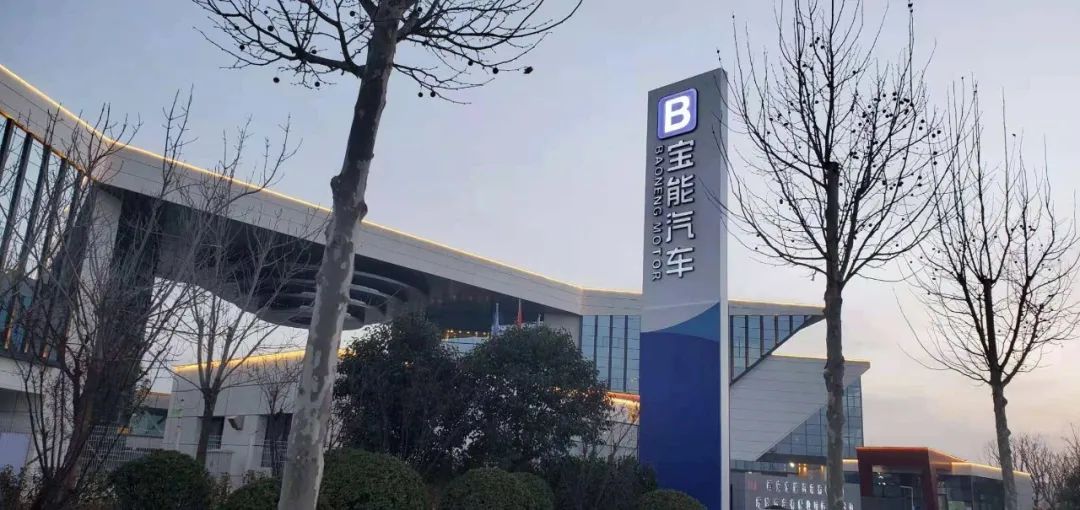
Without automotive support, a shared car platform cannot form a complete closed loop. In 2017, Baoneng Group acquired Qoros Auto from Chery for 13.3 billion yuan, marking its entry into the automotive industry.
Qoros Auto, once hailed as "China's local BMW," is a high-end independent Chinese brand meticulously crafted by an international automotive team, with independent and complete design, research and development, production platforms, and international professional teams.
Unfortunately, in those days, Chinese local automotive brands had not yet risen, and Qoros did not receive widespread recognition from domestic consumers. Its high price had no competitive advantage against genuine joint venture brands. From 2014 to 2016, Qoros' average annual sales were only over 10,000 vehicles, with cumulative losses reaching 6.6 billion yuan.
That acquisition was the starting point of Baoneng's auto manufacturing journey and opened the way for Liandongyun's expansion.
Public data shows that as early as mid-2017, Liandongyun conducted in-depth cooperation with Qoros. In November of the same year, Qoros received a large order from Liandongyun, exceeding 10,000 vehicles. In 2018, after Baoneng completed the acquisition of Qoros, Qoros' sales suddenly surged, selling 62,000 vehicles within a year.
In other words, Baoneng transferred Qoros vehicles to its own Liandongyun, which not only beautified Qoros' sales data but also reduced Liandongyun's procurement costs.
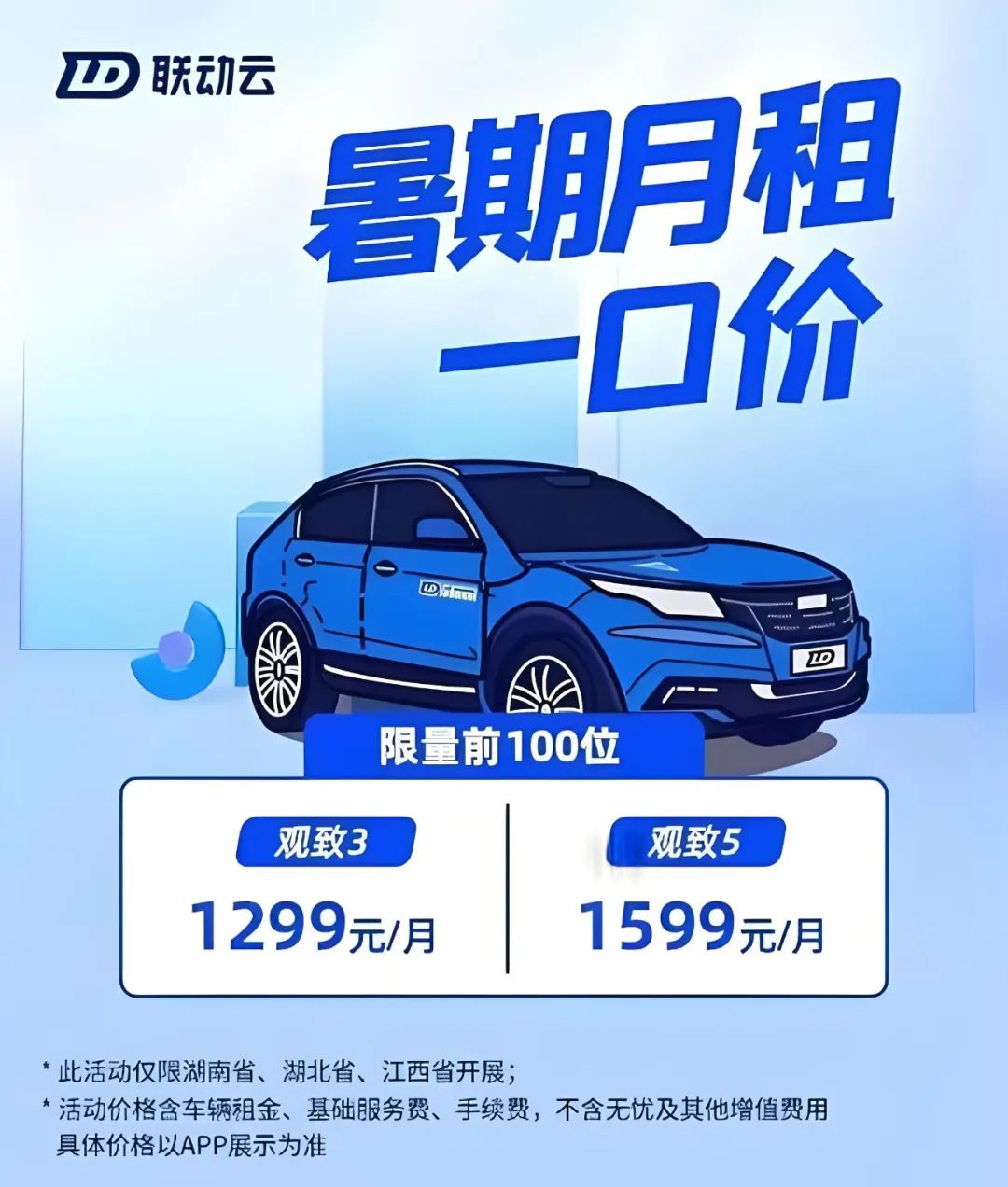
To attract consumers, Liandongyun introduced a series of preferential policies such as free first rides and low thresholds. With a Sesame Credit score of 650, users can rent a car without a deposit, and the pick-up process is convenient. As a fuel vehicle, it does not need to worry about range issues and can provide good comfort and driving experience.
These advantages have made Liandongyun attractive to many carless people, especially novice drivers.
However, due to the low threshold and the concentration of novice drivers, customer quality varies, and uncivilized driving behaviors occur frequently.
A video circulating online shows someone renting a Liandongyun Qoros 5, but upon entering the car, they smelled a distinct odor. The reason was that the previous renter had defecated in the trunk, leading some to joke that Liandongyun is "the first mobile toilet for young people."

Once, Baoneng Group was in its heyday, but now it is burdened with huge debts, and its rapid decline is lamentable. Regarding Liandongyun, some believe it was defeated by national quality, while others think it was abandoned by capital...
Opinions vary. In any case, the situation of shared cars, especially Liandongyun, should now serve as a cautionary tale for the driverless ride-hailing industry.
Trend or Hype
With the failure of shared cars, the sharing aspect of the automotive industry's "new four modernizations" gradually faded from people's view, replaced by "unmanned" technology, which began to emerge and gradually become the new focus of industry development.
In fact, China's first autonomous vehicle was born as early as 1992. 2015 was also a landmark year for this industry - that year, China's first autonomous bus completed road tests, and Baidu successfully completed autonomous driving tests on open highways.
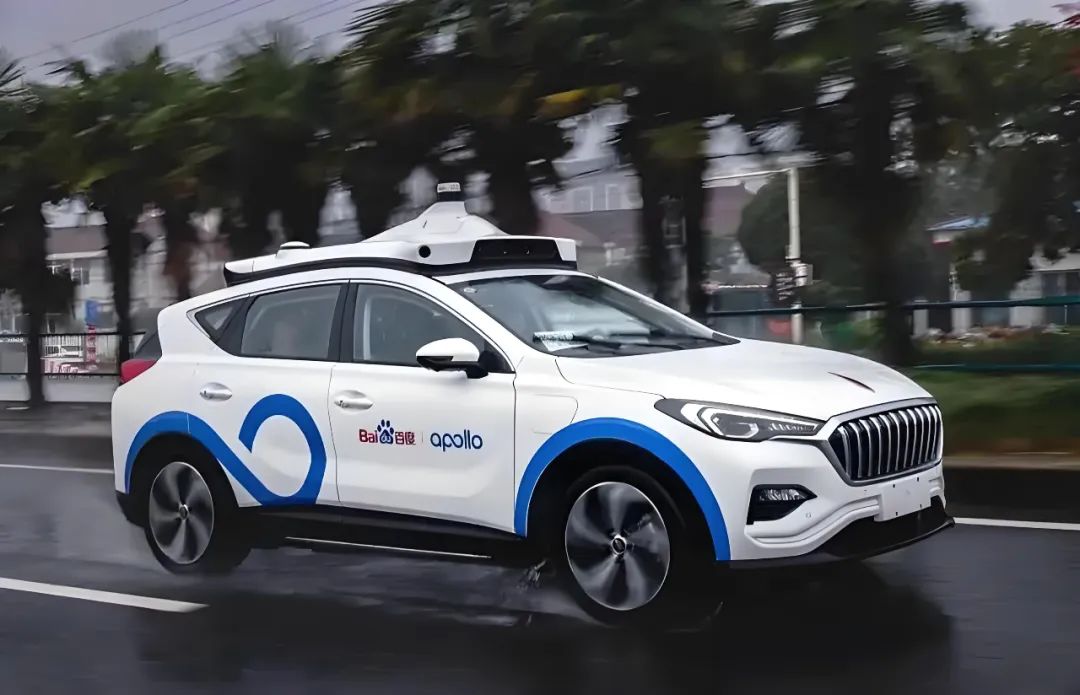
From 2014 to 2023, in the decade of new automotive development, the industry underwent significant changes. From testing to road use, from nothing to something, China's autonomous vehicle field is now experiencing an explosion.
On the one hand, many automakers have launched high-level assisted driving systems, such as Huawei ADS and Xpeng XNGP, both of which perform well.
On the other hand, with the rapid development of current AI technology and intelligent driving technology, the commercialization of autonomous driving has begun to take shape.
Autonomous driving companies have long been gearing up for action. Leading enterprises, including Pony.ai, WeRide, Baidu Apollo, and AutoX, have not only made significant progress in technology research and development and testing but also taken substantial steps towards commercial operation.
On July 10th of this year, Ruqi Limousine & chauffeur was listed on the main board of the Hong Kong Stock Exchange, becoming the first Robotaxi (driverless taxi) company to go public. In this IPO, Guangzhou Automobile Industry Group, Didi Chuxing, Pony.ai, and WeRide, as cornerstone investors, collectively subscribed for over US$100 million. Among them, Guangzhou Automobile Industry Group, Didi Chuxing, and Pony.ai are all existing shareholders of Ruqi Limousine & chauffeur.
Founded by Guangzhou Automobile Group and Tencent in 2019, Ruqi Limousine & chauffeur became the world's first travel platform to offer a commercial mixed operation of manned ride-hailing and Robotaxi services in October 2022.
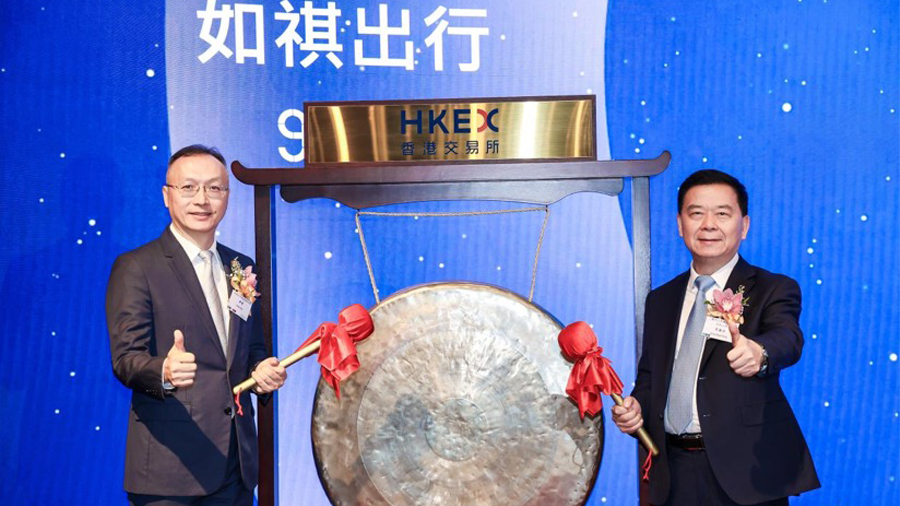
Besides Wuhan, the commercialization of autonomous driving is also accelerating in major cities such as Beijing, Shanghai, and Hangzhou.
On June 30th of this year, Beijing's Municipal Commission of Economy and Information Technology sought public opinions on the "Regulations on Autonomous Vehicles in Beijing (Draft for Comment)." The draft clearly stated support for the application of autonomous vehicles in urban travel services such as public buses, taxis (including ride-hailing), and car rentals.
On May 8th, China Daily reported that Tesla expressed its intention to launch "Robotaxi" in China and is expected to receive support from the Chinese government, first for testing and demonstration in the country.
On April 29th, Caocao Mobility submitted a listing application to the Hong Kong Stock Exchange, with its prospectus clearly stating that part of the raised funds will be used to invest in autonomous driving technology.
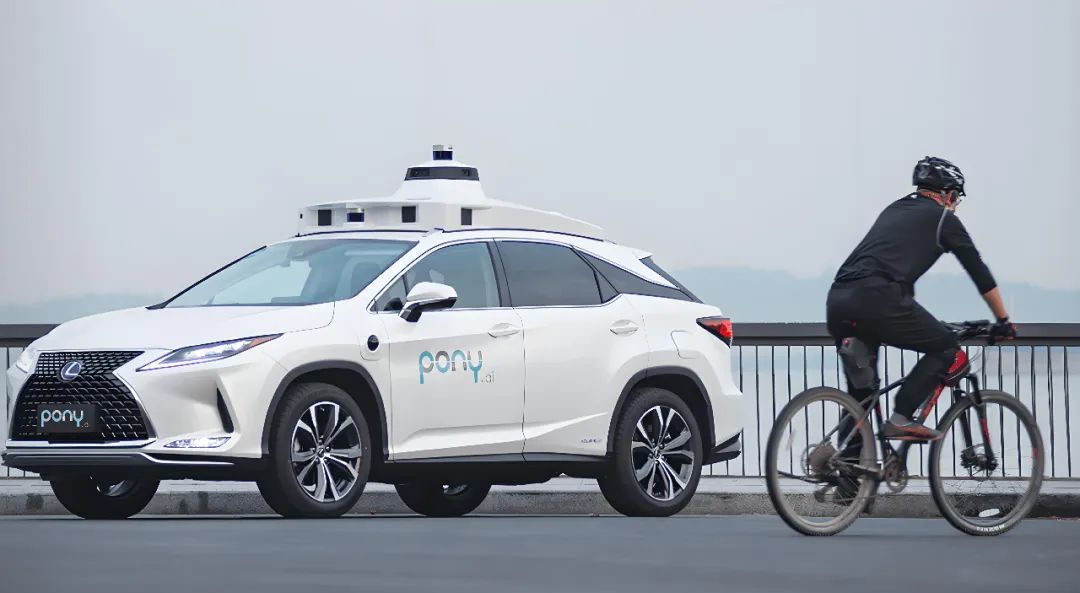
On April 26th, Pony.ai and Toyota jointly established a new company, Zuifeng Intelligent Technology, with a registered capital of 798 million yuan. The company plans to initially deploy 1,000 Bozhi 4X L4 autonomous Robotaxis in the Chinese market and provide autonomous Robotaxi travel services in major first-tier cities primarily through Pony.ai's operation platform.
On April 7th, Didi Chuxing's autonomous driving company and GAC AION jointly established Andi Technology with a registered capital of 420 million yuan. The joint venture plans to launch its first commercial Robotaxi production vehicle in 2025.








